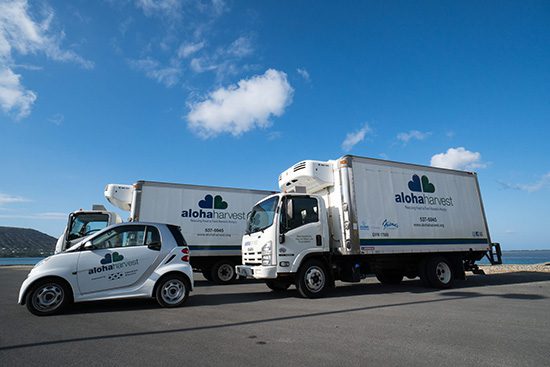
An interview with the Hawai’i State Film Commisioner
Hawai‘i State Film Commissioner Donne Dawson works tirelessly to protect sacred lands while opening up avenues for filming.
With sparkly eyes and a bright smile, she says not a day goes by when problems do not arise that she needs to solve. She also considers herself a cheerleader for new, young, local artists.
“There is a growing independent film community here,” she said.
One of the core functions of the State of Hawai‘i Film Office is overseeing the film tax credit program. The program was signed into law in 2013 and provides a 20 to 25 percent tax credit to approved productions that spend at least $200,000 in the state and meet other requirements. The law is set to expire in 2018, but Dawson is working to extend it.
“Without this tax credit program, we as a state will not be able to compete with other film destinations,” she said.
She emphasized that the program is critically important for film students, in order for them to continue to have the opportunities they have now. According to the State of Hawai‘i Film Office the film industry brings almost $3 billion in economic activity to the state and provides many short-term and long-term jobs for students, from technical positions and acting to support roles like security, truck drivers and food service. The tax credit program was designed to help grow the state’s industry, and evidence of its effectiveness can be seen when driving out to the North Shore along Kamehameha Highway, where almost movie crews can often be found filming everything from commercials to big budget projects.
The tax credit program also requires that productions make financial or in-kind contributions or educational or workforce development efforts to help build the workforce in the state’s film, television and digital media industries.
“Many of the public schools in Honolulu and throughout the islands have greatly benefited from this mandate,” Dawson said.
She said some Hollywood directors who have filmed in the state, among them Steven Spielberg, Jerry Bruckheimer and Clint Eastwood, have been respectful of the ‘āina and have generously given back more than was required. She also named The Descendants director Alexander Payne as someone who “did it right” in regard to accurately portraying life in Hawai‘i on screen.
Dawson, who was born and raised in Hawai‘i, is creating a manual called the “Brown Book” to help visiting film productions understand the sacredness of Hawai‘i. Patterned after the “Maori Brown Book,” a guide to media making in New Zealand, it intends to provide resources for producers from both cultural and environmental viewpoints. Dawson hopes to break the stereotypes of portraying the islands from the standpoint of Waikīkī, so that filmmakers can keep their work “pono” or right, true, pure.
“Keep it pono is the motto for this book,” she said. “It is full of conduct guidelines for filming in sensitive areas.”
Dawson wants to see students take an active role in completing the Brown Book and for them to feel ownership in this important step to protect sacred places so that they can teach visiting producers to know and understand local ways.
“Our students are our future, and we have to arm them with the proper tools to lead us into the future and reset the foundation for this industry in Hawaii,” she said.
WCC has many new creative media classes in which students can learn the art of filmmaking, among them: JOUR 270: Introduction to Multimedia Storytelling and ENG204C: Introduction to Creative Writing-Screenwriting.
When asked what advice she would give film students, Dawson said, “Do your homework, know about the subject and the place that you are building your project around.”
by Cynthia Lee Sinclair, Ka ‘Ohana Staff Reporter





